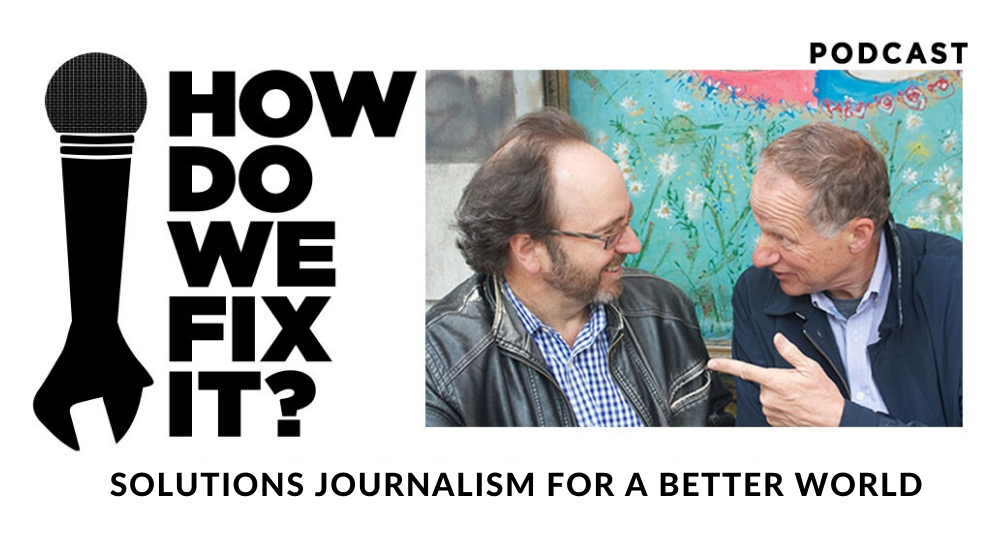American politics are evenly divided between Democrats and Republicans. But our guest argues that it doesn't have to be this way. He tells fellow Democrats: "Given the problems the Republicans have, why aren't you beating the hell out of these people?"
Political scientist and author Ruy Teixeira says that recent election results have been a lost opportunity as the left pursued identity politics instead of focusing on class. While more white college-educated voters have abandoned the Republicans in the past decade, Democrats have lost ground among white and hispanic working class voters.
"That's a fundamental question that Democrats should be confronting, but don't," he tells us.
Ruy Teixeira is among America's best-known political thinkers. He's a senior fellow at The American Enterprise Institute, where he writes and does research about changing party coalitions and the future of electoral politics. He calls himself a social democrat.
Read moreThe Coronation of King Charles III promises to be very big on pomp and circumstance, but it may also play a leading role in healing divisions between post-Brexit Britain and the European Union. Leading EU officials will be in attendance at Westminster Abbey.
This podcast shares a personal perspective on some of the momentous changes in the UK over recent years, and includes comparisons between the hot topics on both sides of The Atlantic. Our co-host Richard last lived in London in the 1970's and 80's. During late March and April he returned, spending a month there.
Richard tells us that forty years ago London was "darker, smellier, poorer, louder and less orderly than the great city of today." He shares examples that illustrate this shift, as well as discussing the great impact of Brexit on the UK economy and politics.
Jim and Richard examine the special relationship between the US and UK plus similarities and differences in debates over cancel culture, populism, immigration and abortion.
Read moreThe people of Ukraine are facing down a military giant. Their unity and bravery in the bloody, cruel year since the Russia invasion are an inspiration to the rest of the world.
Instead of talking about politics or the state of the war, we consider the battlefield of ideas. Above all this show is an attempt to put the war into context: What’s at stake for Western democracy, and what space does Ukraine fit in our history?
We speak again with Marci Shore, professor of European cultural & intellectual history at Yale University. She first appeared on "How Do We Fix It?" a year ago. In 2018 she received a Guggenheim Fellowship for her current book project, a history of phenomenology in East-Central Europe, tentatively titled “Eyeglasses Floating in Space: Central European Encounters That Came about While Searching for Truth.” Her most recent book is “The Ukrainian Night: An Intimate History of Revolution”. This show is a companion piece to episode #380 with Jacob Mchangama.
Read moreBy any measure, this has been a momentous week for global politics. President Biden’s surprise trip to Kyiv, his “freedom” speech in Warsaw, the visit of China’s top diplomat to Moscow, and Vladimir Putin’s decision to suspend Russian participation in the last remaining nuclear arms treaty with the U.S. are all signs of deepening big-power tensions.
This coincides with the first anniversary of the bloodiest conflict in Europe since World War Two. In the early hours of February 24 last year, Putin’s tanks rolled across Ukraine’s borders.
Our podcast guest is well-known human rights advocate, Jacob Mchangama, CEO of the Danish think tank Justitia, and author of the recent book, “Free Speech: A History From Socrates to Social Media”. We discuss the Ukraine war's broader implications for fundamental values that are a vital part of the growing struggle between the West autocratic powers.
Read more